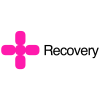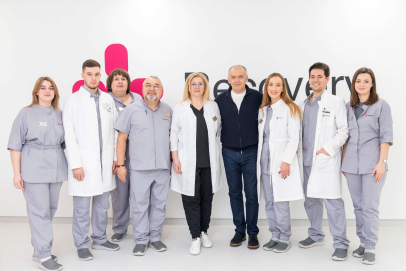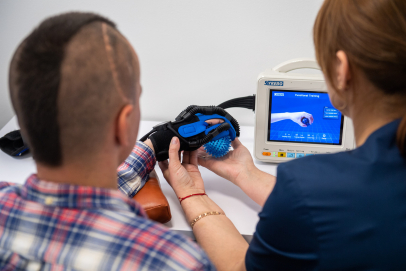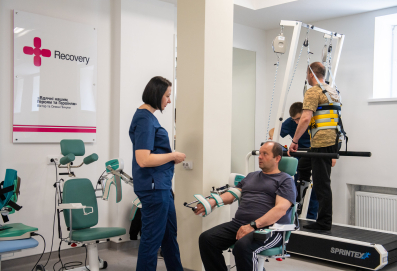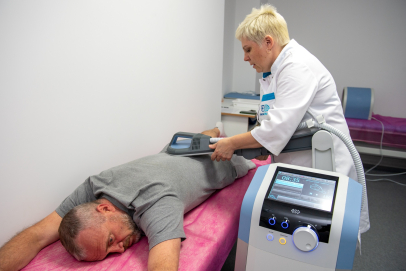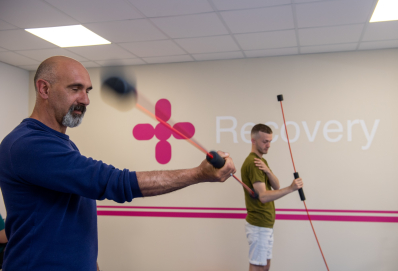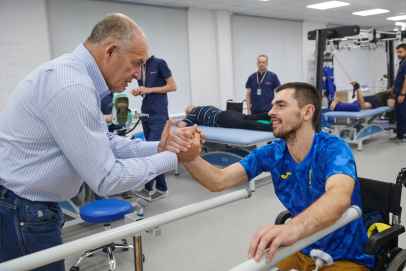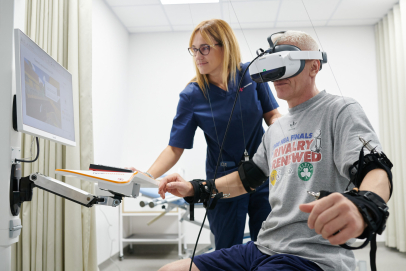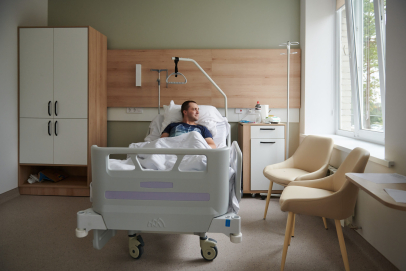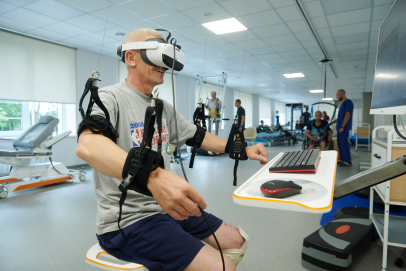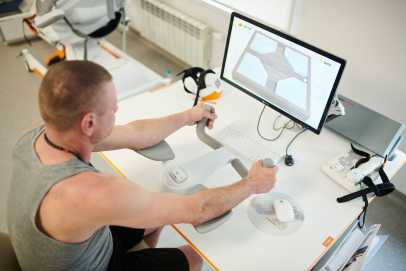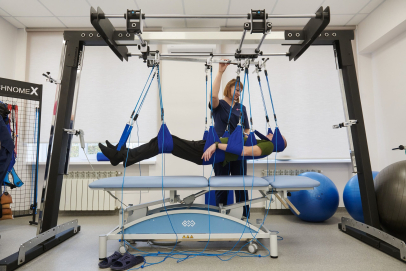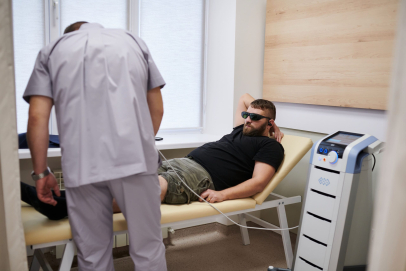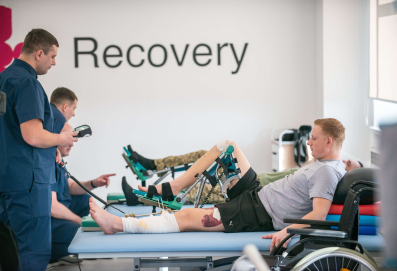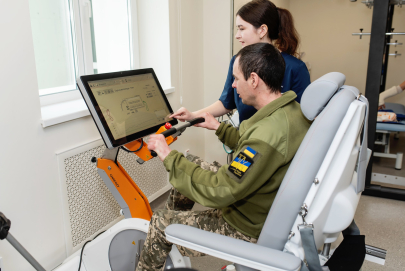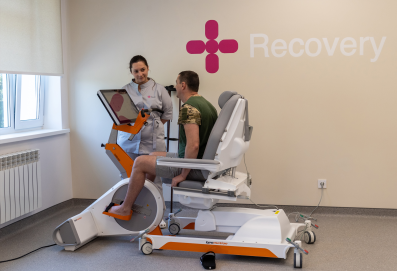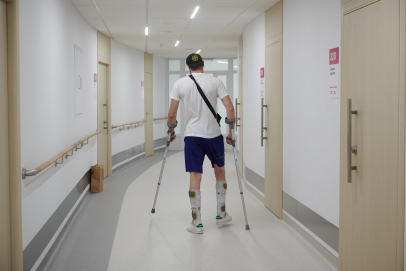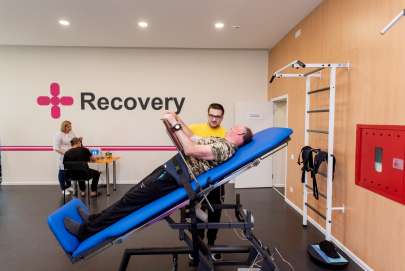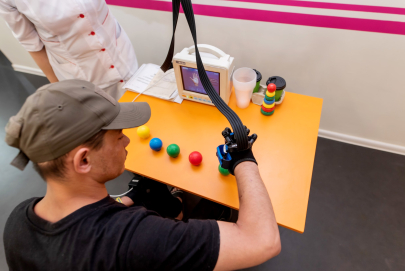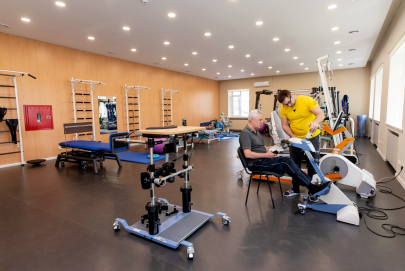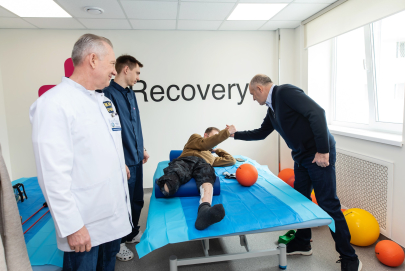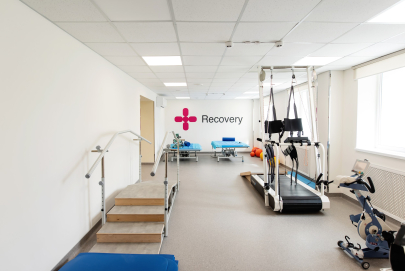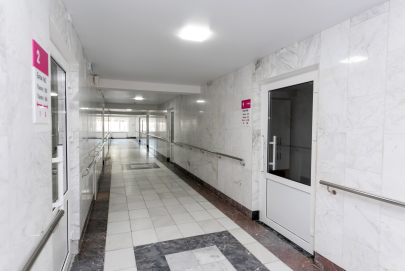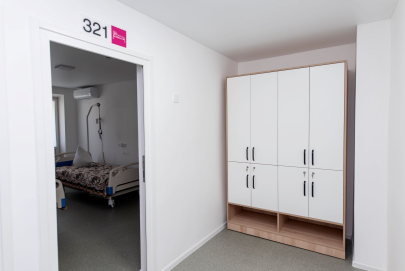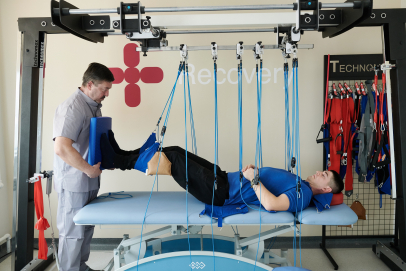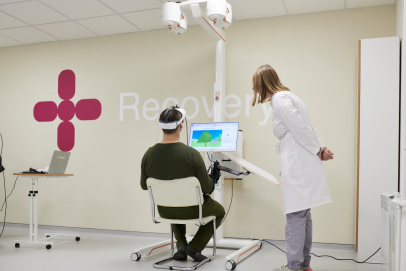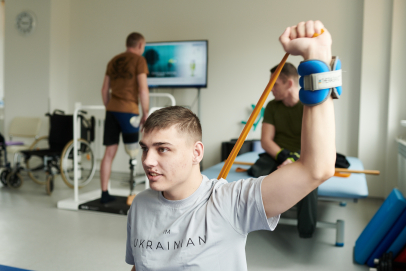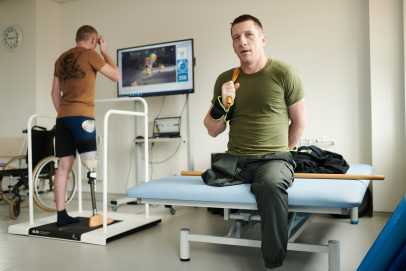Press about us
Davos Optimism and Kiev Sadness
Iskander Khisamov
"In 1996 I conducted the first Ukrainian session in Davos", the former Prime Minister Yevgeniy Marchuk noted, holding a glass of vodka in his hand. - under the title "Where is Ukraine heading?" - - just like the present-day Ukraine, ten years later. Let's raise our glasses to living for as long as it takes to see clearly where our country has arrived at last."
We took a drink, and then I took the liberty to add a couple of words. In one of the first writings found in the ruins of one of the most ancient of known human civilizations - in the interstream area between the Tigris and Euphrates rivers - were the sad words: "Where is this country heading?" People have always asked themselves that question, in all centuries and all countries. But when they used to stop asking that question and said, like the ancient Chinese or Romans, or the present-day Americans, that they have reached all their goals and accomplished all they wanted - that was, in fact, the start of their decline and their end. The main thing is not the goal, but the way, as the Chinese say. So, my toast was for the way of Ukraine, which did not start in 1994 and not even in 1991. In fact, it started so long ago we don't know exactly when it was, and it will not end when the country joins the European Union, the NATO, or the common economic space of the CIS. On this way the country found itself in some alien harbours and deadlocks from time to time, but it has always been able to find ways out. And now the country has the chance to find its own sovereign way to success.
We had supper in Zurich, where we returned after the Ukrainian conference, which took place in the framework of the World Economic Forum in the mountainside town of Davos. This event has been organized by the Victor Pinchuk Foundation and "Interpipe" Corporation for three years in a row. And one day later I had a chance to talk to a famous TV presenter here in Kiev. It was a live television broadcast, and the TV presenter was saying a lot about the fact that the politicians are tearing the country into pieces and robbing it, that the civilized world has turned its back on Ukraine in disgust, and that we will never have either the chance to join the European Union or to have a normal life. In the light of Davos forum these bitter words sounded like a gross exaggeration.
Let's take the statement that the world has lost interest in our country. Thirty-five persons attended the Ukrainian conference in Davos the year before last, last year there was slightly more than one hundred, and this year it was attended by four hundred persons, which was a surprise event for its organizers. There were so many people in the conference room and the adjacent hall, like in a Kiev "Bohdan" bus in morning rush hours, and all those were prominent people: from George Soros to Victor Vekselberg, and among them the presidents, prime ministers, euro commissioners, bankers, writers, cosmonauts, Rinat Akhmetov and Sergey Taruta. And Victor Yanukovich with his team. And Arseniy Yatsenyuk with his perfect English. Some time ago Davos was entirely different.
Here, far away from noisy capitals, the leading businessmen and politicians met from time to time, and were engaged with the world's affairs quietly, without the media present. Now, in the information epoch, Davos has turned into a worldwide press conference, where nothing is decided, and not much is discussed, but everything is presented. And our Ukrainian event should be dealt with in the light of this. "Last year the talk was more informative. Arseniy Yatsenyuk and Alexander Chaliy were vehemently arguing - and it's interesting that now they are on the same side of the fence, in the president's secretariat," recalled Victor Pinchuk, with whom I had a chance to talk in a far-off lobby. "There was a warm, intimate atmosphere. But the format today is quite different. Although we heard nothing new, very prominent people spoke about their views on the processes going on in our country, and, in general, those were favourable opinions. We both received and conveyed a number of important messages. And if we look upon Ukraine as a brand, this event is the presentation of the brand, its promotion. This is the most important thing today."
One of the most important messages communicated by the Ukrainian speakers in Davos was the results of the last sociological research in the countries of EU, which was conducted in EU member countries after the order of the "Yalta European Strategy" organization. The research determined that sixty-one percent of the European respondents had positive attitude to the prospect of EU joining by Ukraine, and only twenty-five percent support the policy of Euro Commission, which is targeted on restraining this process.
"It is important for me that the EU Expansion Commissioner Olli Rehn heard this", Victor Pinchuk said. "They are very sensitive to public opinion there, and we should use that."
The answer to another statement of the afore mentioned TV broadcaster was also presented in Davos. The dispute between different branches of power that is going on in Ukraine is not a unique phenomenon, and it is not something to be ashamed of. "Out of ten years as the president of Poland, I had six years with the opposition parliament," Alexander Kvasnevsky said during his remarks. "I found that very stressful back then. And now that some time has passed I can say that those were not the worst years at all, and the decisions that were taken then were not the worst ones either." With a pleasant smile, he advised Victor Yanukovich, who was sitting next to him, to enter into efficient cooperation with Victor Yushchenko. Though, just a couple of minutes before that, Victor Yanukovich showed maximum certainty that the transition from the presidential to the parliamentary republic in Ukraine will be smooth and beneficial for everyone, and his personal resolve to cooperate with the president efficiently seemed unalterable. So, there was no discussion regarding that point.
Voices of people in the Kiev studio could be heard via teleconference. The main message seemed to be: "Instead of doing something good for the ordinary people, they are just struggling for power there on top!" Here it could be possible to object: well, you gave exactly equal numbers of votes for each of the two forces, both at the presidential, and at the parliamentary elections, and now the dispute of these two "halves" continues on top. However, it would be wiser to understand this as the requirement to both parties to develop a common understanding of the country's national interests as soon as possible, and to follow these interests. Davos sent the same signals to the Ukrainian elite.



